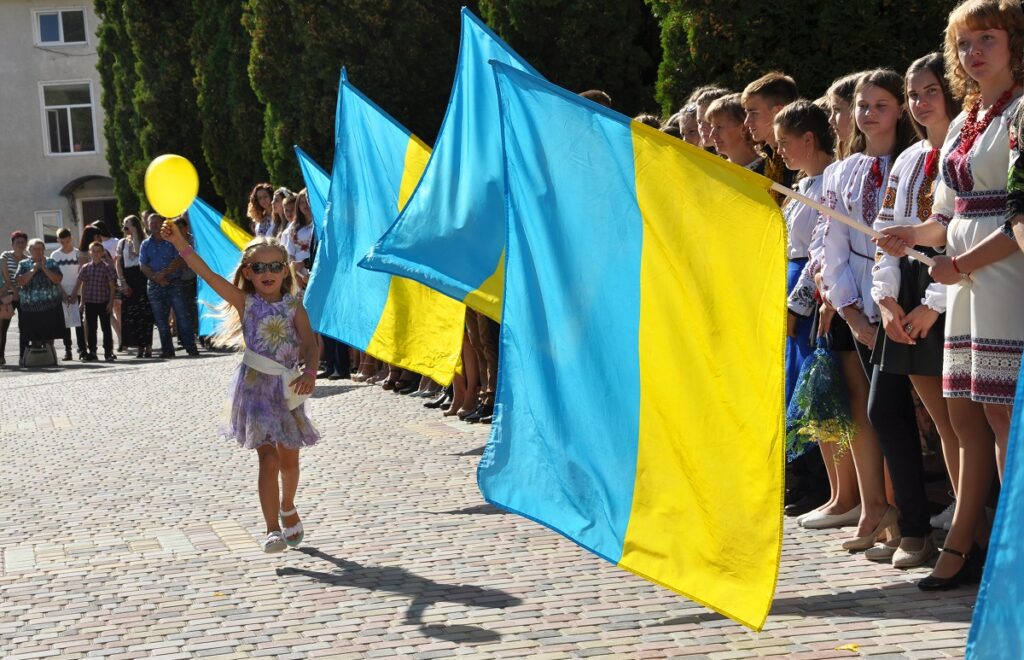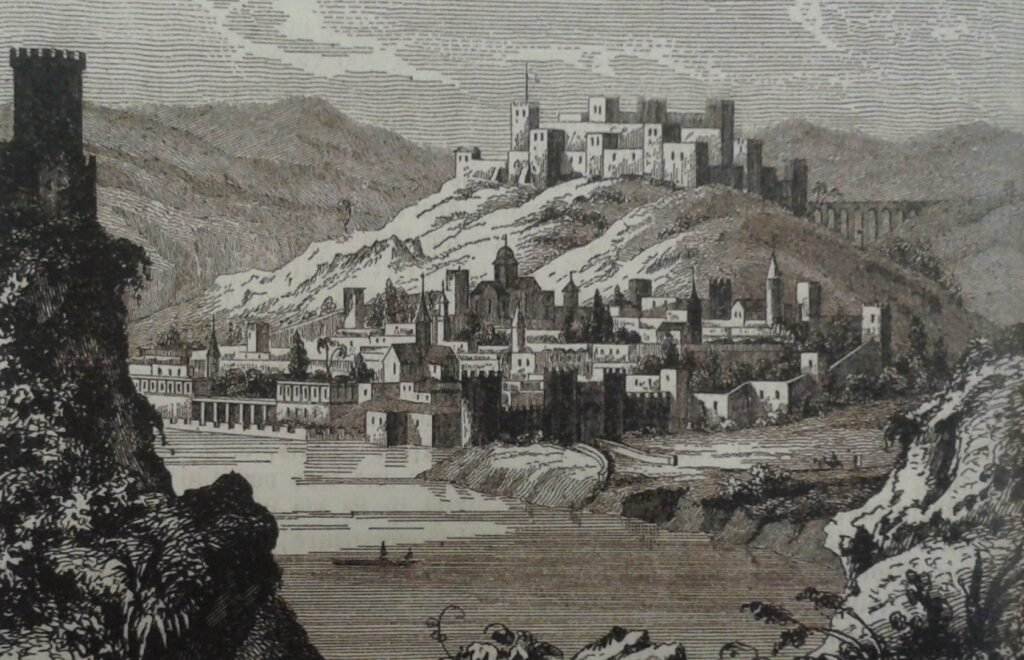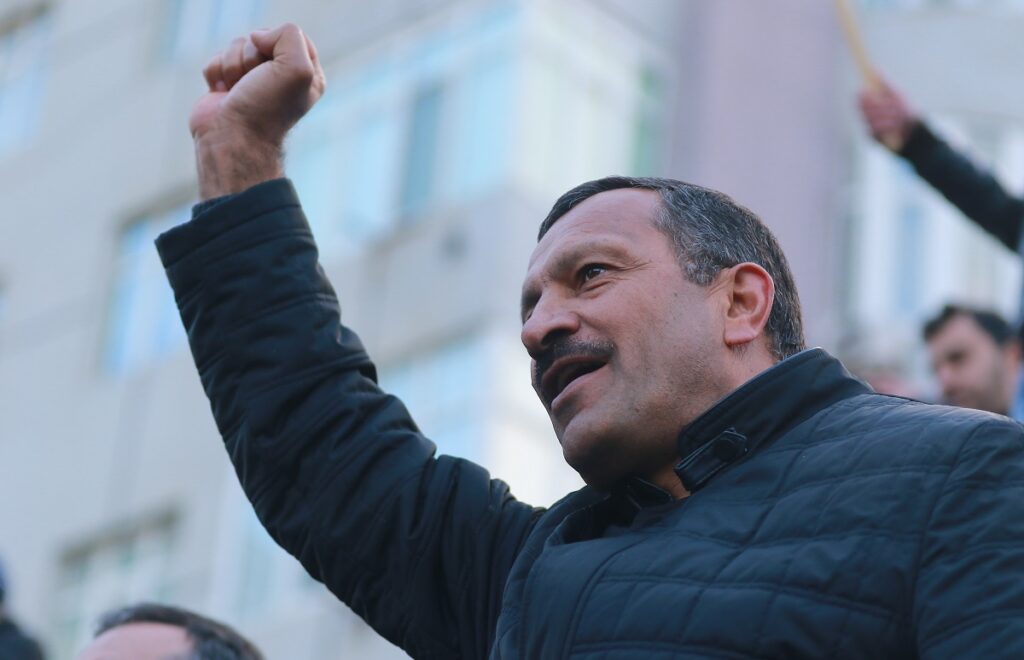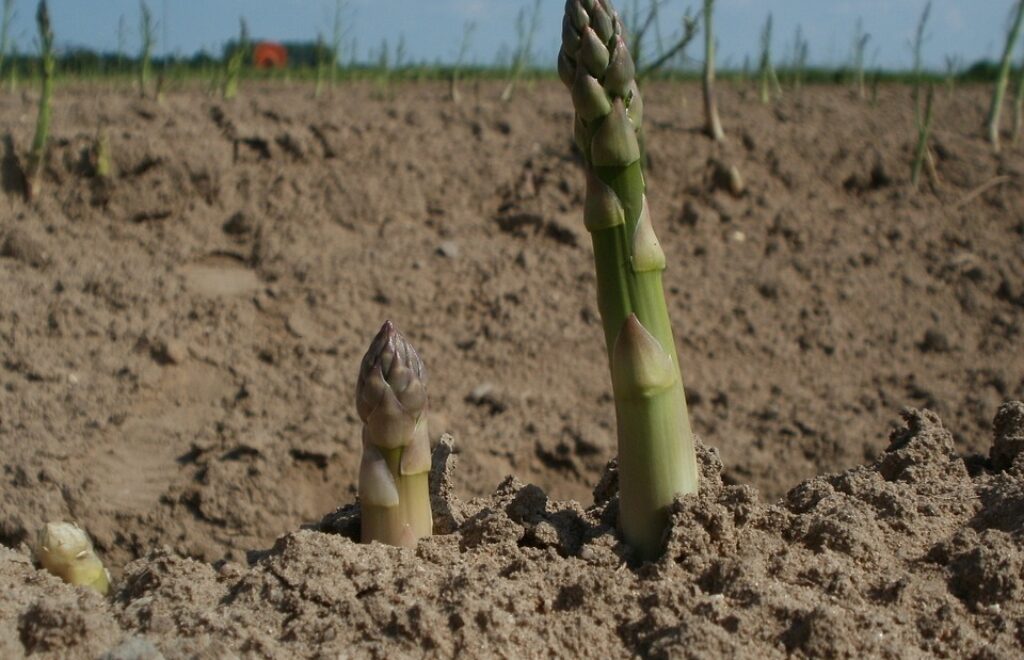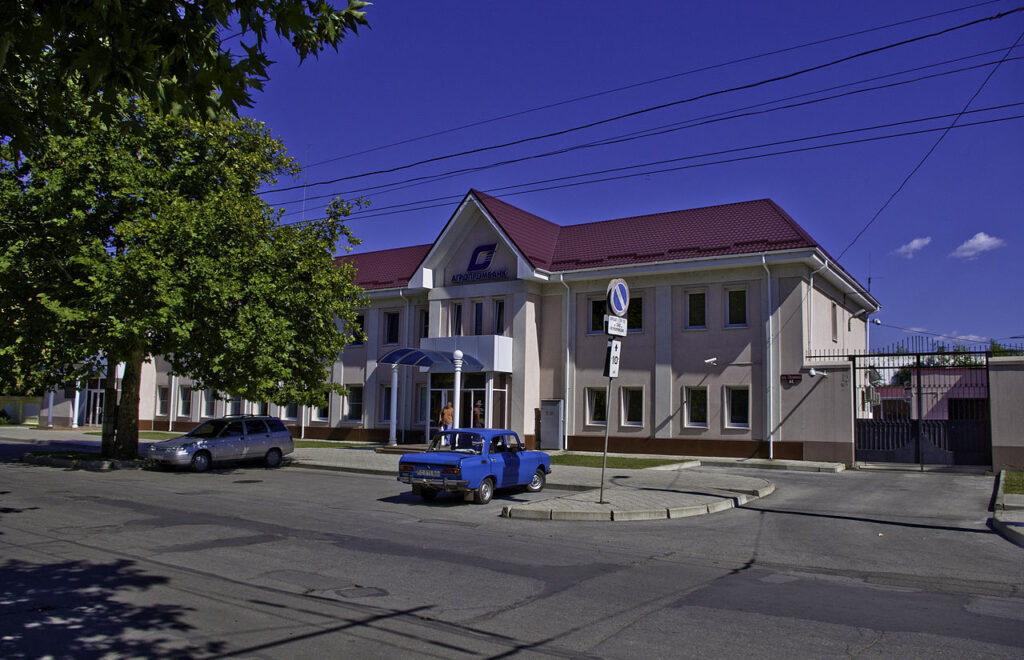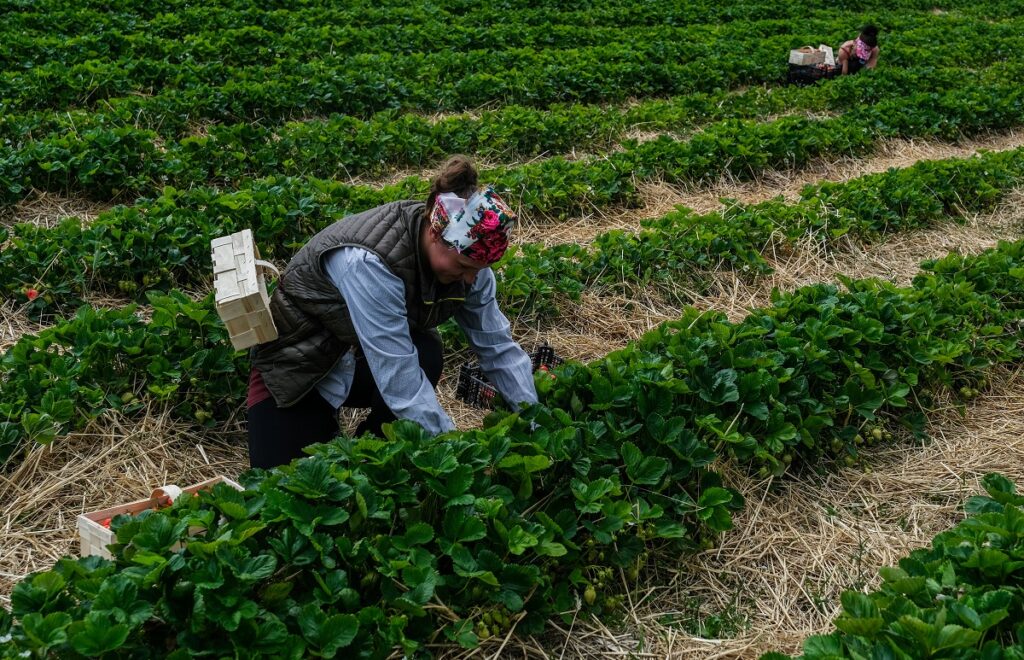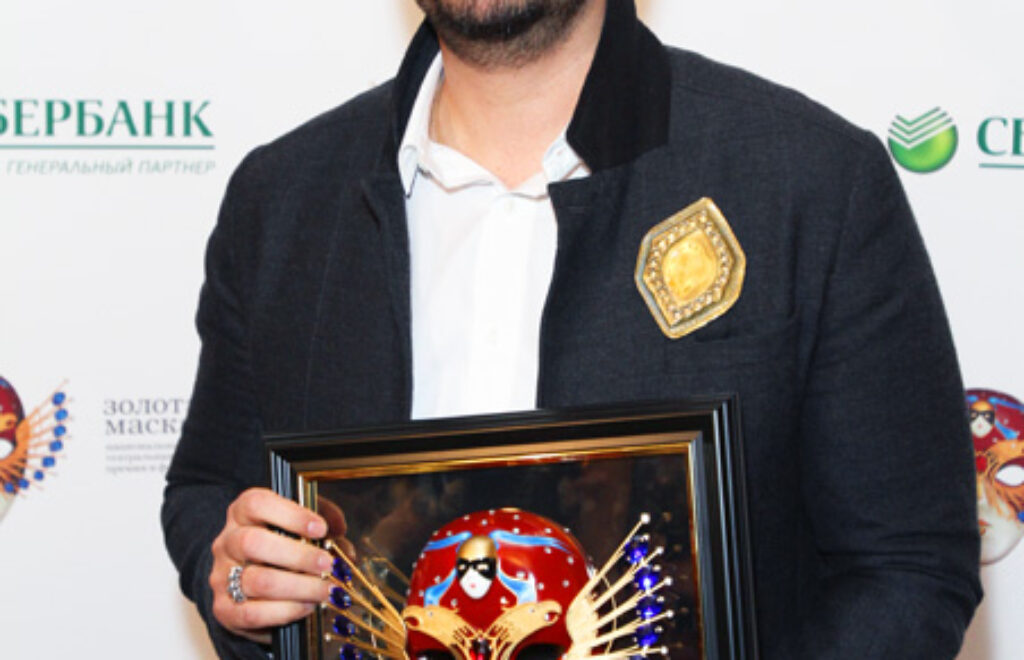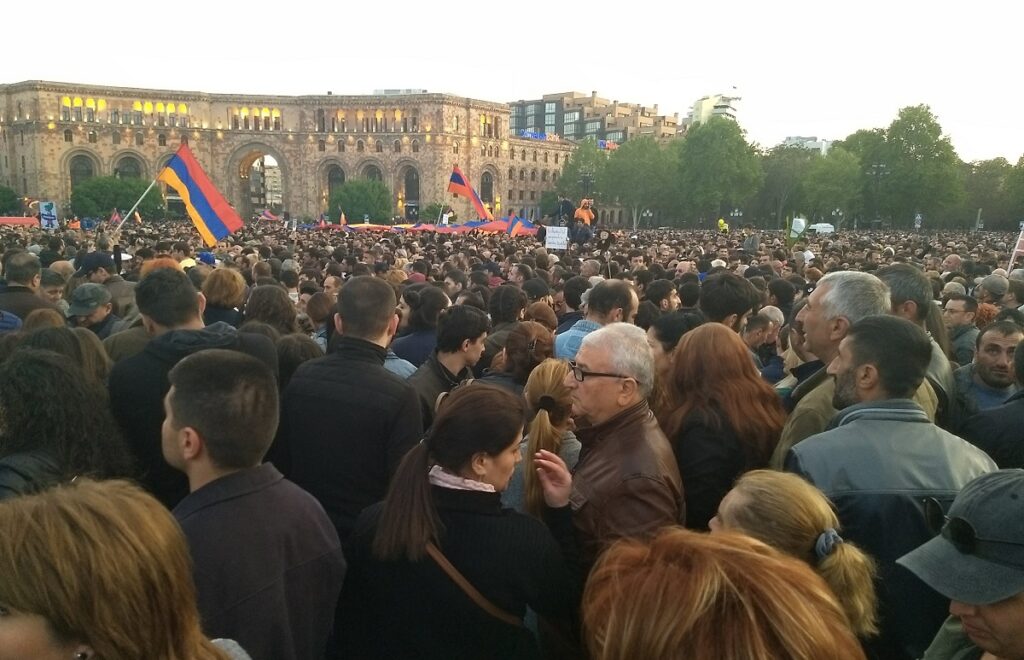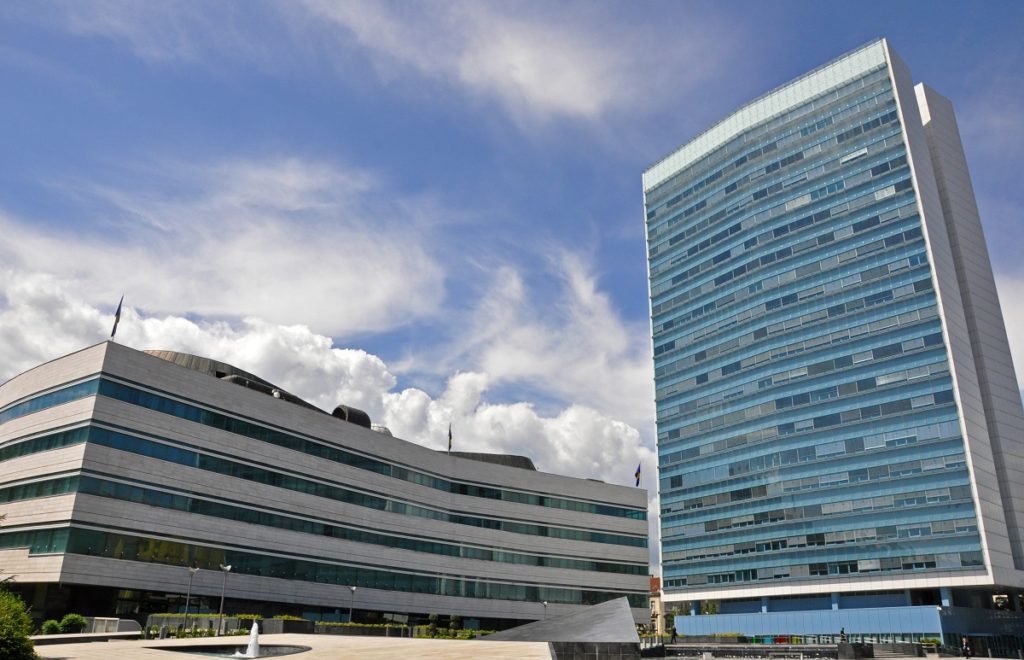The power of Ukrainian youth
The first 25 years of independent Ukraine is already behind us. In attempts to help understand the changes that have occurred over this time, there are countless political, economic and social analyses, commentaries, recommendations and prognoses. The vast majority of them have referred to this period as one of wasted opportunities. In our research, which we have been carrying out in this regards, we focus on the role the youth has played in the democratic transformation and its future potential.
November 16, 2020 - Natalia Dolgopolova, Anna Surkova, Kinga Anna Gajda, Alina Meheda


